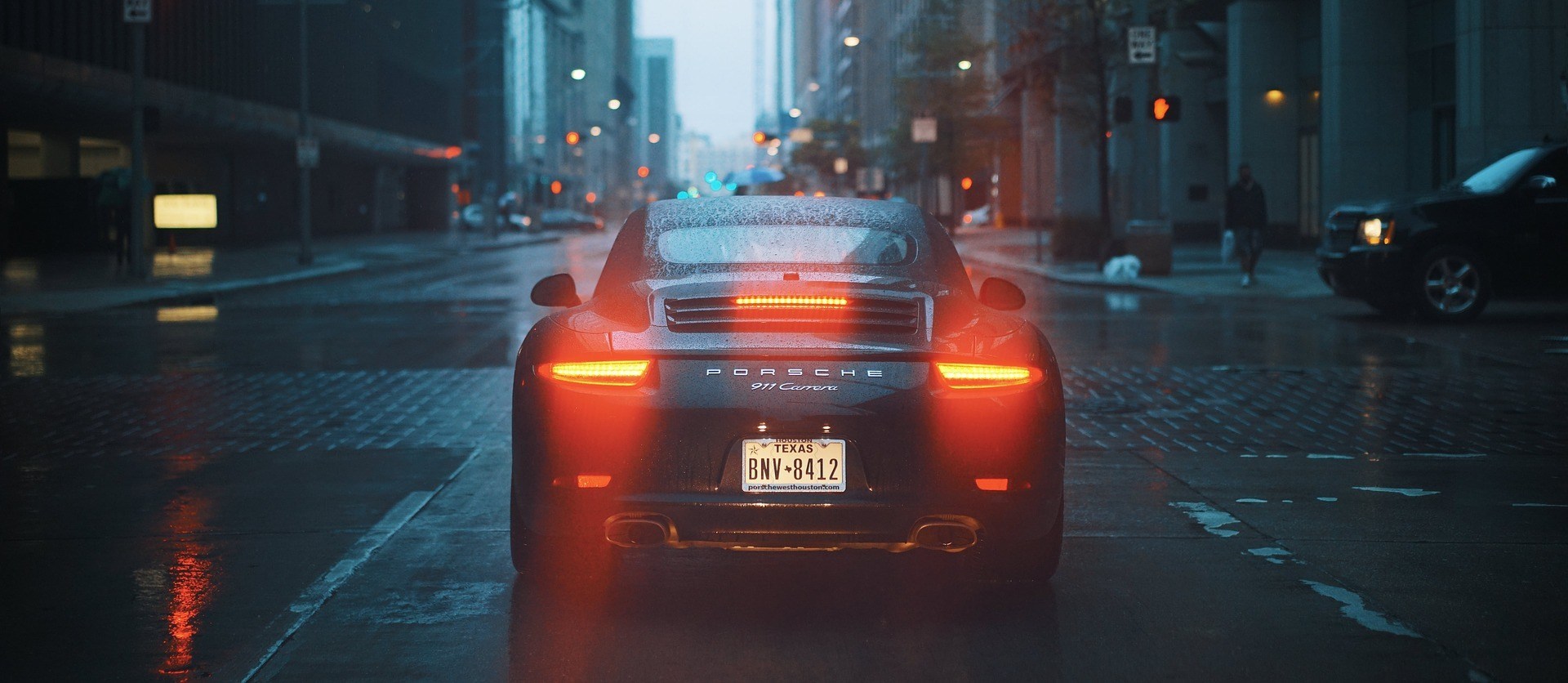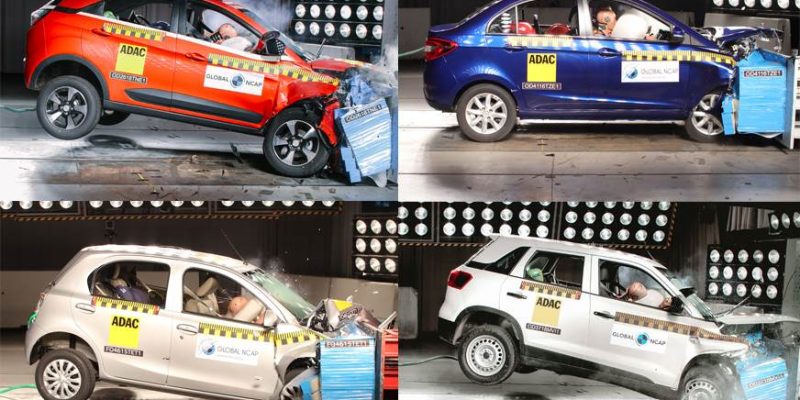Recent NCAP tests have shown Indian car manufacturers to make safe cars to earn up to 4 stars, but for a pan-market basis in the automotive segment, the thought process of buying a safer car than a cheaper one is yet to develop.
The auto market in India is filled with a lot of options today. With the number of people moving on the roads increasing day by day, the sense of safety keeps steadily reducing. Unfortunately, in the Indian car market, the major emphasis is given on the price, cost to run, mileage, and performance while safety takes a backseat. The idea of a safe car is coming up, slowly but steadily.
In a report from the transport ministry released in September last year, the stats showed as many as 17 people died in 55 road accidents per hour on an average in 2017, with more than 50 per cent of the victims from the 18-35 age group. The report also stated one major fact – the overall number of accidents declined by 4.1 per cent from last year, but fatalities went up by 3.2 per cent.
With such stats, we can assume that buying a car with adequate safety features should be on top of the list. Now, almost every car that is being sold in India right now gets a safety rating from Global NCAP (National Car Assessment Program). Global NCAP is a UK based company which focuses on the promotion of public health and safety, and consumer safety in vehicles.
NCAP results can be used as a datum point to evaluate the structural integrity of the vehicle, vehicular impact on passengers, and possible injuries or fatalities at the time of a collision. Recent NCAP tests have shown Indian car manufacturers to make safe cars to earn up to 4 stars, but for a pan-market basis in the automotive segment, the thought process of buying a safer car than a cheaper one is yet to develop.


